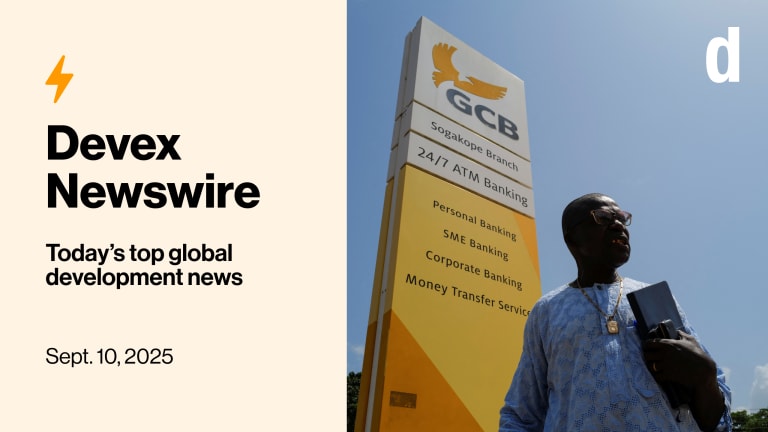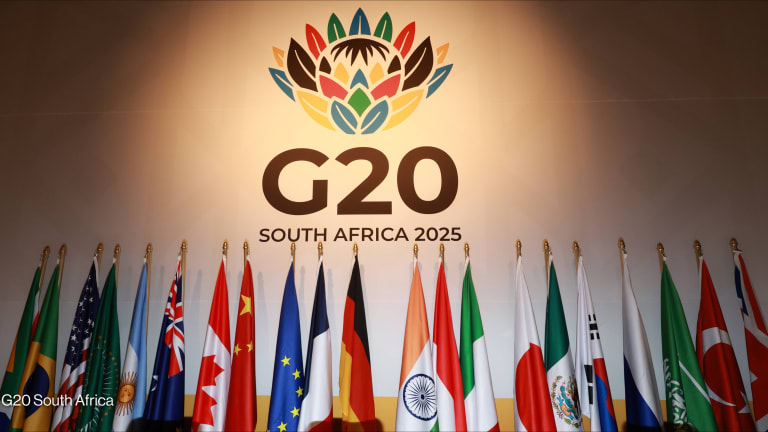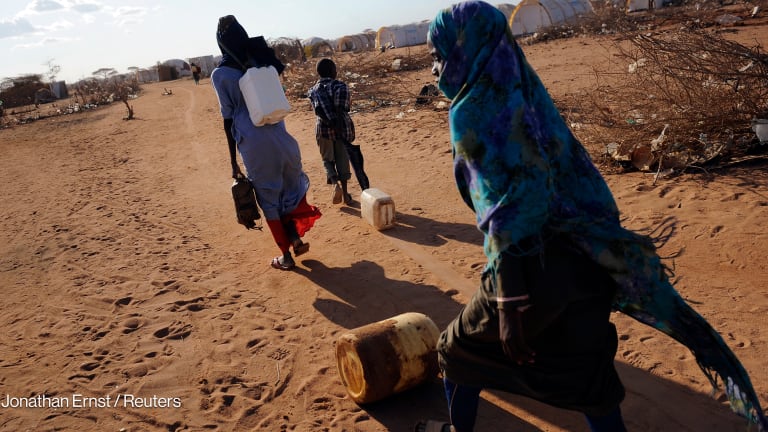On the last Friday of August, hundreds gathered at Accra’s Black Star Square for a rally demanding debt cancellation. The event, organized by civil society and trade unions across Africa, capped a three-day conference in Ghana — which has been struggling with debt after defaulting in 2022.
Ghana’s debt ballooned due to heavy borrowing from foreign and domestic markets. Since then, the country has undergone a G20 Common Framework restructuring, which the government approved in June. Since the restructuring, the government has kept up with its repayments, and the country’s currency has somewhat stabilized; however, living costs remain high. Civil society groups are also calling for greater accountability.
Ghana has been subject to International Monetary Fund reform programs 18 times since it gained independence, said Abdulkarim Mohamed, a coordinator at the Economic Governance Platform, a coalition of civil society organizations championing prudent management of public funds, adding that the IMF needs to reassess its programs as they seem not to work.








